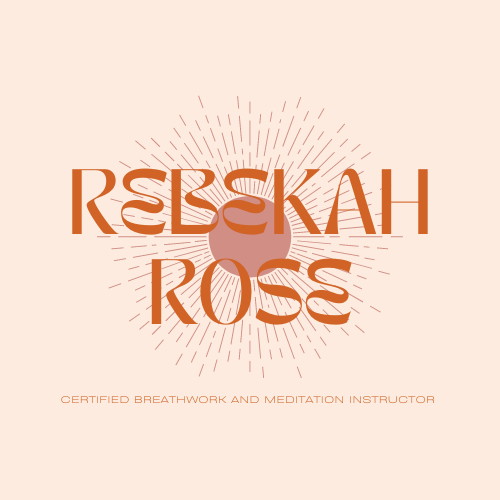Clearing the Haze: How Meditation Illuminates the Path Through Chemotherapy Brain Fog
“Chemo Brain” or “Chemo Fog” sound like titles of Fritz Lang films from the 1930’s, but it is in fact one of the most nuanced, lingering, and insidious side effects of chemotherapy. This cognitive haze often manifests as memory lapses, difficulty concentrating, mental fatigue, and a general sense of cloudiness, all significantly impacting a person's quality of life.
The fusion of ancient wisdom and modern medicine has given rise to a holistic approach in cancer care with meditation being at the helm. Beyond the popular image of crossed-legged gurus, meditation offers everyone an opportunity to pursue balance and healing, right in their own homes. Meditation is not an emptying of the mind, it is not escapism. It is the process and practice of giving your full attention to one thing. For individuals experiencing the cognitive fog of chemotherapy, this practice can be a lifeline. Through meditation, we learn to clear the mental clutter, calm the storm of anxious thoughts, and regain a sense of mental clarity.
Increase Brain Activiation
Our memory has the job of interpreting and storing information we take in for a short period of time. Our attention is like a control switch for our thinking. It helps us choose what's important and ignore what's not, and stay focused on tasks. Chemotherapy can affect memory, both verbal and visual, as well as concentration, multitasking, and mental flexibility. Meditation has been shown to actually increase the density of the regions of the brain related to attention and sensory processing, including the prefrontal cortex, leading to increased brain activation involved in the processing of emotions, and sense of well-being. (1)
Stress Reduction and Cognitive Clarity
One of the most significant benefits of meditation is stress reduction. The cancer journey is laden with stressors, from diagnosis to treatment and beyond. Chemotherapy itself can be an anxiety-inducing experience, and chronic stress can exacerbate cognitive difficulties. Meditation, through various techniques like mindfulness and breathwork, have been shown to significantly reduce serum cortisol levels. (2) As cortisol, the stress hormone, subsides, people often report a noticeable improvement in their cognitive function.
Neuroplasticity and Healing
Neuroplasticity is the brain's ability to rewire itself and adapt. A wonderful study done by Richard Davidson called Buddha’s Brain: Neuroplasticity and Meditation, recorded tens of thousands of hours of meditation done by Tibetan monks and showed they had actually altered the structure and function of their brains through meditation. (3) Meditation practice can strengthen the brain's cognitive reserves, allowing it to better withstand the effects of chemotherapy. This mental resilience helps people undergoing chemotherapy maintain and restore their cognitive abilities throughout their treatment.
A Glimpse of Hope
In a world of cutting-edge medical treatments, we are witnessing the ancient practice of meditation emerge as a powerful ally. Its ability to enhance mental clarity, reduce stress, and foster mental resilience, offers a path forward through the fog.
While chemotherapy may cast a temporary shadow, meditation is helping people find the light of mental clarity, one mindful breath at a time.
References
Castanhel FD, Liberali R. Mindfulness-Based Stress Reduction on breast cancer symptoms: systematic review and meta-analysis. Einstein (Sao Paulo). 2018 Dec 6;16(4):eRW4383. doi: 10.31744/einstein_journal/2018RW4383. PMID: 30540032; PMCID: PMC6282865.
Turakitwanakan W, Mekseepralard C, Busarakumtragul P. Effects of mindfulness meditation on serum cortisol of medical students. J Med Assoc Thai. 2013 Jan;96 Suppl 1:S90-5. PMID: 23724462.
Davidson RJ, Lutz A. Buddha's Brain: Neuroplasticity and Meditation. IEEE Signal Process Mag. 2008 Jan 1;25(1):176-174. doi: 10.1109/msp.2008.4431873. PMID: 20871742; PMCID: PMC2944261.

